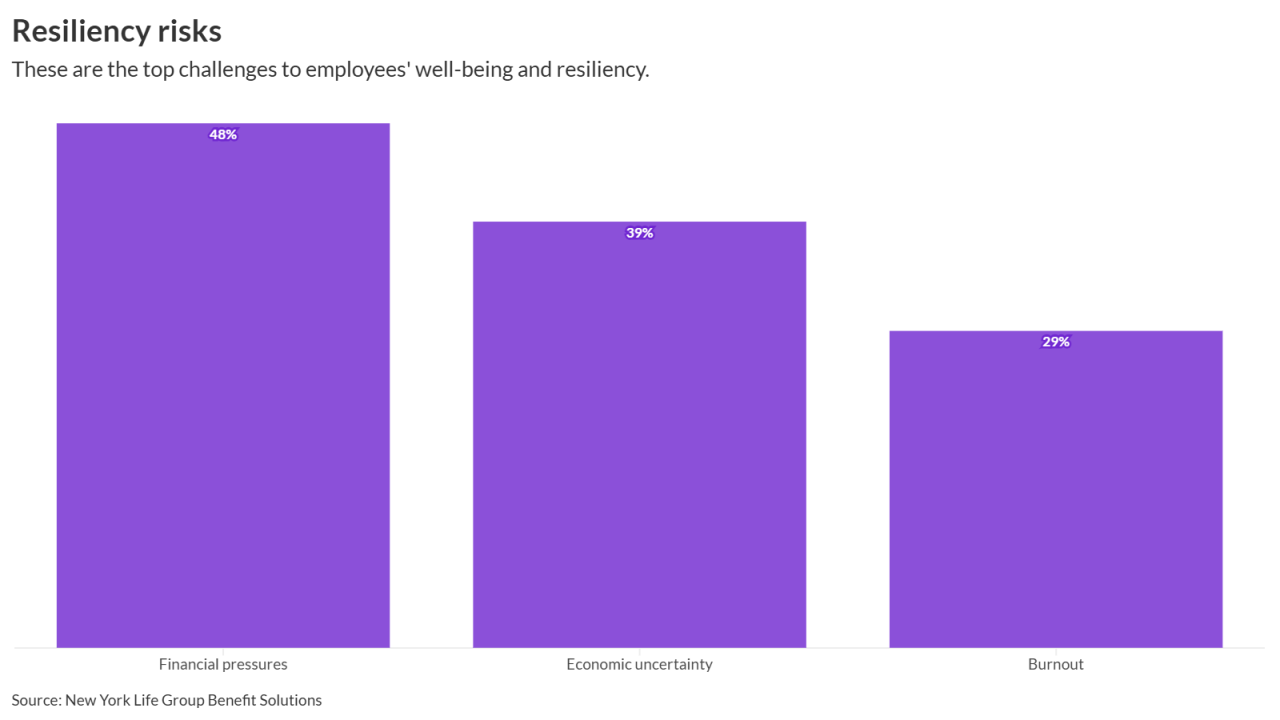People of color are almost a quarter more likely to be "ghosted" than white candidates after interviewing for a job in the U.S., and the biggest gap comes after the final conversation about a role, according to a survey from hiring strategy company Greenhouse Software.
While 62% of white candidates said they'd experienced no follow-up from a company at some stage of the
Read More:
"Most companies say they have values, the shift we see is whether companies actually live them out," said Donald Knight, Greenhouse chief people officer. "What's going through the mind of the candidate is 'did you ghost me because we didn't have a good conversation? Did you ghost me because of my experience? Did you ghost me because of my race?'"
Companies have promised to work harder to consider candidates of color since the 2020 murder of George Floyd by police brought attention to broader inequalities in the workforce. Many companies set targets designed to improve representation, particularly for Black workers, in both the overall workforce and in leadership roles.
While candidates of all races reported being ghosted in fairly equal numbers early on in the hiring process, the disparity grew as the interviews progressed: by the final conversation, 44% of workers from under-represented groups said they'd been ghosted, compared to 39% of white candidates, the Greenhouse survey showed. The gap indicates that companies may be better at amassing a diverse slate of candidates than they are at following through on hiring commitments.
Read More:
The challenge remains as to how to ensure that hiring decisions are made with the consideration of the widest possible pool of candidates, and that the candidates feel that the process was equally fair to everyone, Knight said. In the current hiring environment, with power shifting back to employers because of layoffs, inflation and an economic slowdown, companies need to ensure they don't sabotage their reputation for when the pendulum inevitably swings back to the employee, he said.
"There's a way to take this off the table — it's respond to everyone," Knight said. "If you have these values on your wall, then you should over-prioritize making sure people don't walk away with the wrong impression."





